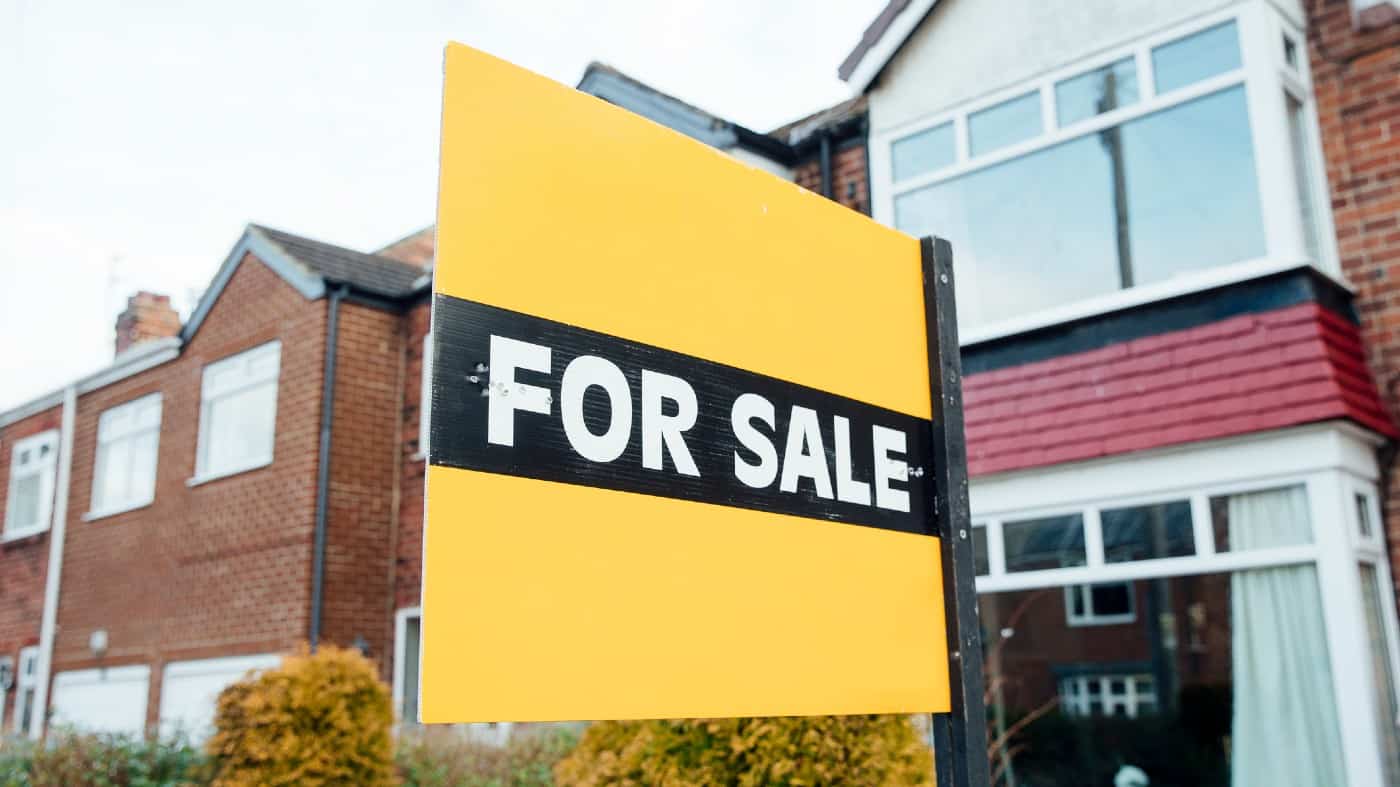Unless you’ve been living under a rock for the past two years, you’ve probably noticed that house prices in the UK have skyrocketed. And if the average price keeps increasing as it is, you may soon only be able to afford to buy a rock anyway!
New data reveals exactly what type of property you would be able to afford in some major UK cities based on the current average home price. I’m going to show you all the latest information and explain some tips for getting a home and a mortgage. Keep reading for the latest housing scoop.
[top_pitch]
What is the average cost of a house in the UK?
The current average price of a home in the UK is a whopping £275,00. This is based on the latest data from the ONS using prices from December 2021.
According to the findings, this is a rise of 10.7% compared to the figure the previous month! Broken down by each UK country, average house prices look like this:
- England: £293,000
- Wales: £205,000
- Scotland: £180,000
- Northern Ireland: £159,000
What may surprise you is that London is actually the region with the lowest annual growth, sitting at a modest 5.5%.
At these prices, what sort of house can you buy?
ConservatoryLand has researched exactly what you could get for the average house price of £275,000 in 10 major cities around the UK. There’s no mention of any rocks, but here are some details on what the money could stretch to:
| Position | City | Average no. bedrooms | Average no. bathrooms | Chance of driveway | Average sq m. |
| 1 | Blackpool | 4 | 2 | 100% | 90 |
| 2 | Stoke-on-Trent | 4 | 2 | 100% | 86 |
| 3 | Sunderland | 4 | 2 | 80% | 90 |
| 4 | Preston | 3 | 2 | 100% | 91 |
| 5 | Bradford | 3 | 2 | 100% | 85 |
| 6 | Edinburgh | 3 | 2 | 20% | 96 |
| 7 | Leicester | 3 | 1 | 100% | 90 |
| 8 | Plymouth | 3 | 2 | 40% | 90 |
| 9 | Glasgow | 4 | 2 | 40% | 96 |
| 10 | Wolverhampton | 3 | 1 | 80% | 90 |
[middle_pitch]
How much do you need for a mortgage deposit?
It is possible in some cases to put down a deposit of 5% for a home. So, based on current average house prices, you’d need at least £13,750.
However, this would leave you with a loan-to-value (LTV) ratio of 95%. This can be a higher risk for lenders, resulting in higher interest rates. So, a lower deposit like this could cost you a lot in the long run if you’re paying more interest over the lifetime of the mortgage.
A deposit in the region of 10%-20% would likely lead to much more favourable rates. But this is going to mean saving between £27,500-£50,000. And that’s just to buy an average house in the UK based on the current prices!
Saving up a chunk of change this big is going to take all the help you can get. It could be a good idea to have a play around with our mortgage calculator to try some different scenarios out.
With high average UK house prices, how can you save for a deposit?
By putting away £1,000 a month, it would take you 27.5 months (just over two years) to save up for a 10% deposit based on the current average price.
That’s a tall order to accomplish. You’ll need to use every tool at your disposal! Here are some ways to help boost your prospects and shorten the timeframe:
- Use a Lifetime ISA (LISA): you can put in up to £4,000 each year and you’ll get 25% bonus from the government (up to £1,00). This will knock a couple of months off.
- Stay on top of savings: make sure you’re using the best savings account possible for your money. Interest rates aren’t great right now, but there are still some massive differences between the deals on offer if you’ve got your eyes peeled.
- Consider a cash ISA: using a cash ISA means you can avoid the burden of being liable for any tax on your savings.
- Start a side hustle: starting a side hustle alongside your current job could help pay for your deposit or increase the rate at which you’re able to save for a house.
- Ask for a pay rise: the somewhat out-of-touch Bank of England Governor Andrew Bailey (who earns well over £500,000 per year) recently advised that workers shouldn’t ask for a pay rise as a way to help curb inflation. Not the best advice if you’re currently saving for a house! It’s important to make sure you’re getting paid what you’re worth to help you achieve your goal!







